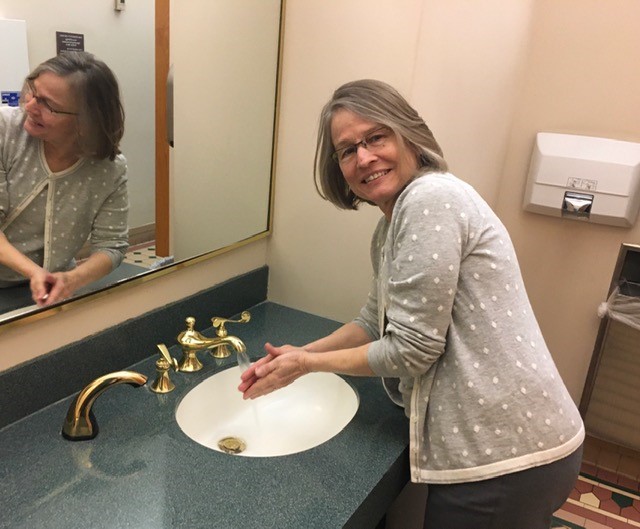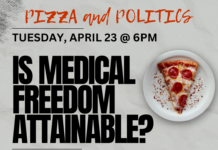I thought I would begin this newsletter with some information about coronavirus.
Although the WHO classified COVID-19 as a pandemic this week, I felt we had reached that threshold two weeks ago. As global epidemiologists are finally beginning to understand the denominator, or number of people infected, the mortality rate is now considered to be under 1 percent. Ultimately, it will probably be very close to what we see with seasonal flu.
Iowa’s efforts now should be to try to flatten the peak of those affected and the spread effects of the virus over time which allows our health care system to ramp up accordingly.
Our personal efforts are the single most important way to mitigate the effects of the virus both on our personal health, the health of our community and the health of our economy.
Individuals, families, and businesses have steps they can take now. Because there is not community spread in Iowa and each individual that has the coronavirus knows how they contacted the virus, personal efforts are simple but important.
Hand-washing is the single most effective thing you can do at this time and should be done frequently throughout the day and after close encounters with individuals or after touching surfaces in areas frequented by the public. Hand sanitizers which have at least 60% alcohol are also effective (not alcoholic beverages). Frequent cleaning, especially in places where the public gathers, of all hard surfaces and electronic “touch devices” will help reduce spread of droplets.
Most importantly, those who are at high risk, even for the seasonal flu, should avoid large public gatherings. If you are over age 70, and recently traveled abroad to China or Europe, have pre-existing lung disease, diabetes, or immunosuppression such as from treatment for cancer, social distancing should be considered.
Given that the highest risk for fatality is in elderly individuals and those with pre-existing health problems as described above, it’s appropriate that nursing homes and assisted living facilities limit visitation. Frequent cleaning of all hard services is again recommended.
Very important: if you have a fever especially with a cough or sneezing, please call your primary care provider, hospital emergency room, local county public health office or urgent care clinic prior to visiting. They will have a series of questions to ask you to determine what your possible risk or exposure to coronavirus. Call first, and they will instruct you whether you need to be seen. This helps reduce the spread among individuals through the healthcare setting. It also helps to protect healthcare workers.
Businesses can also start preparing and identify which portions of their workforce could work from home, what provision should be made in the event of short term school closures and policies regarding sick pay. Both state and federal government may also develop policies that address these issues as well.
To date, there have not been any fatalities in children, and while the coronavirus is contagious, the mortality rate is far less than seen with H1N1.












